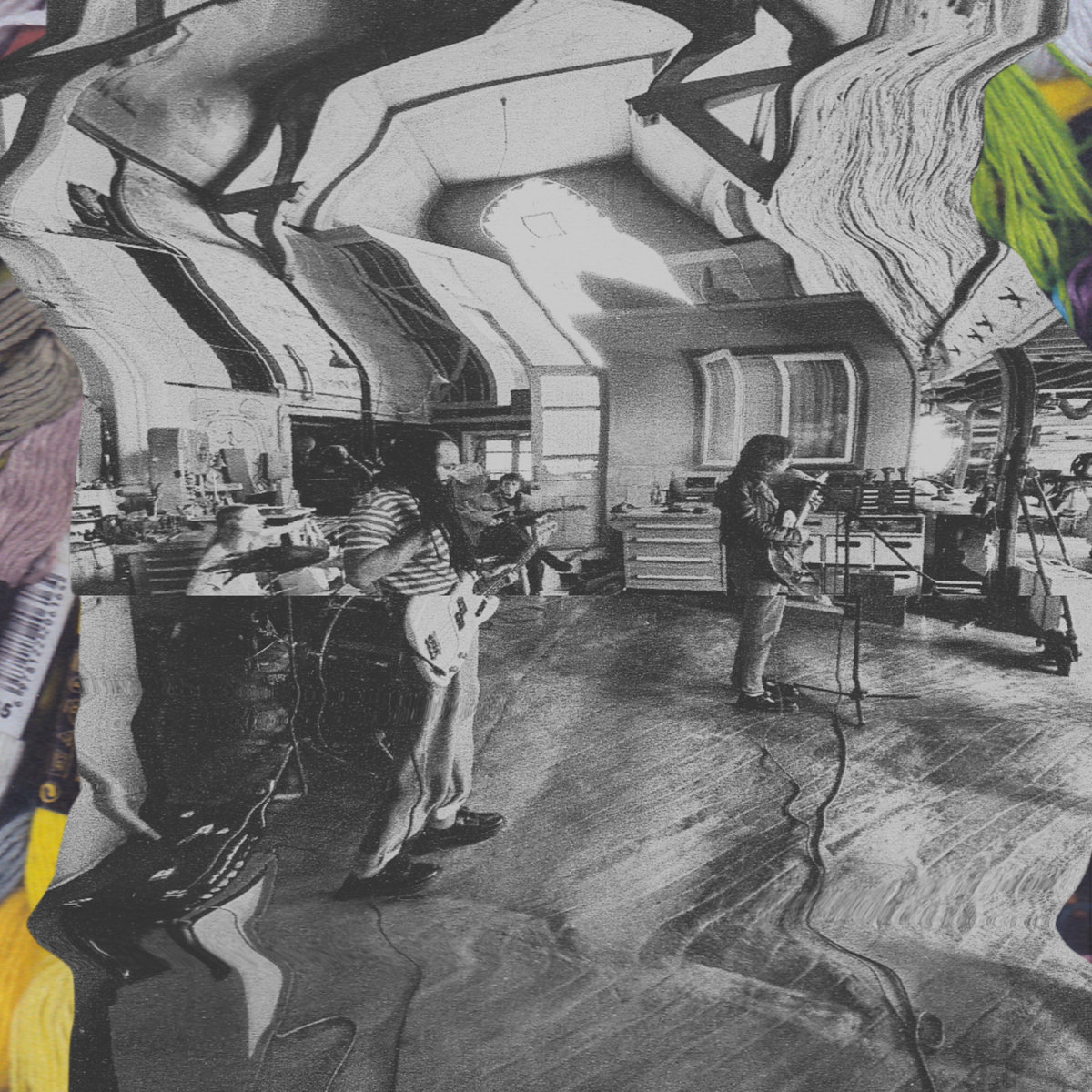Cloakroom – Last Leg of The Human Table | Album Review
/Closed Casket Activities
It’s been three years and some change since the last Cloakroom album, Dissolution Wave, made its deep impact on the scene with the fascinating narrative of an asteroid miner’s life set to the backdrop of expansive fuzzed-out riffs, accompanied by desolate, crushing, and occasionally fissionful drumming. The dusty space epic’s successor, Last Leg of The Human Table, brings us back down to Earth with warm, grounding sonics and the tight, cloying squeeze of noise, all topped with lyrics that left me wondering: Is our number truly up?
‘Rollicking’ feels like a cheeky adjective for an album about just how bad everything feels. Yet when we work our way from “The Pilot” to “Ester Wind,” it's the word that lights a cigarette and asks if you’d like one. There’s a surprising amount of cordiality on Last Leg, an utter affability that is pretty comforting and can even make you forget how genuinely upsetting some of the lyricism can be.
I’m listening to the album and scrolling, a fittingly wasteful activity, I know, but as I'm gorging on stimuli, the album's mystique unwraps a level. “The Lights Are On” thrums and undulates as I thumbwalk through videos of mass deportation news, an article about cops in North Carolina getting caught on film escorting neo-nazis to rallies, and another screenshot text wall gofundme post to bail out a friend of a friend or to help out a family in Gaza. The careful coat of feedback mirrors the numbness I feel as the entire world seems to be screaming out at me from my screen.
Does it make you weak?
Does it take its toll?
The lights are on, but no one's home
Does it wear you thin?
Does it grind you down?
The lights are on, I don't know how
These words echo in my ears as the phone’s dull glow is swallowed by my darkening eyes. The track wafts in and out of soft, melodic chords before rearing up and stomping back down into thick and heavy guitar work that even J. Mascis would crease a grin at.
Many a fellow reviewer has noted that there’s not much in the way of thorough questioning and answering on this record. They’re correct. Last Leg of the Human Table asks broad questions and rocks on its heels when you ask for an answer. However, this sort of gruff muddlement feels as natural a design as the tasteful harmonies and hooks found on the LP’s run.
Last Leg of the Human Table has all the swing and sway of a rocking chair on a front porch with an all-too-clear view of the end of the world as we know it. The hum and buzz, softly padding careful fretwork, and rubber band wrist drumming all feel not too dissimilar from how a black hole breaks you down into whatever yet-to-be-named sub-sub measurement of the infinitesimally small we'll come up with, unknotting you like the slow, steady hands of an ever ancient elder being unspooling the yarn of some failed project.
All the same, the delicate work is done with care and compassion, and this is what bleeds most through the album's attempted questioning of our state of affairs. No single answer can feel satisfying for all of this, but asking the questions is an ongoing need. It's how we battle complacency, it's how we challenge internal comforts and surrender, and though Cloakroom aren’t writing some grand war hymn for our present times, they are, however, doing what many of us should be doing: wondering out loud.
Southern California born and raised, Elias can often be found at the local gig, be it screamo, emo, hardcore or whatever. Their time in the scene is patchwork but their dedication to it and the music that makes it has made up the last few years of their life. They love this shit with the whole of their heart and will talk your ear off about it if you let them. Screamo for fucking ever.
Love your friends. Die laughing.










